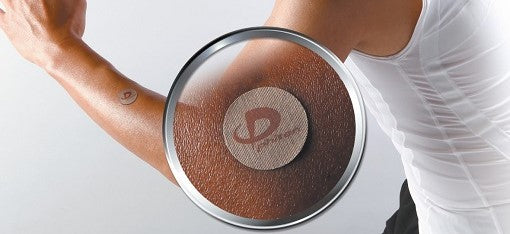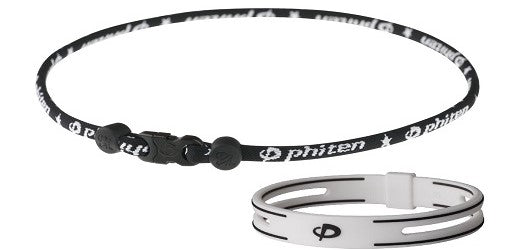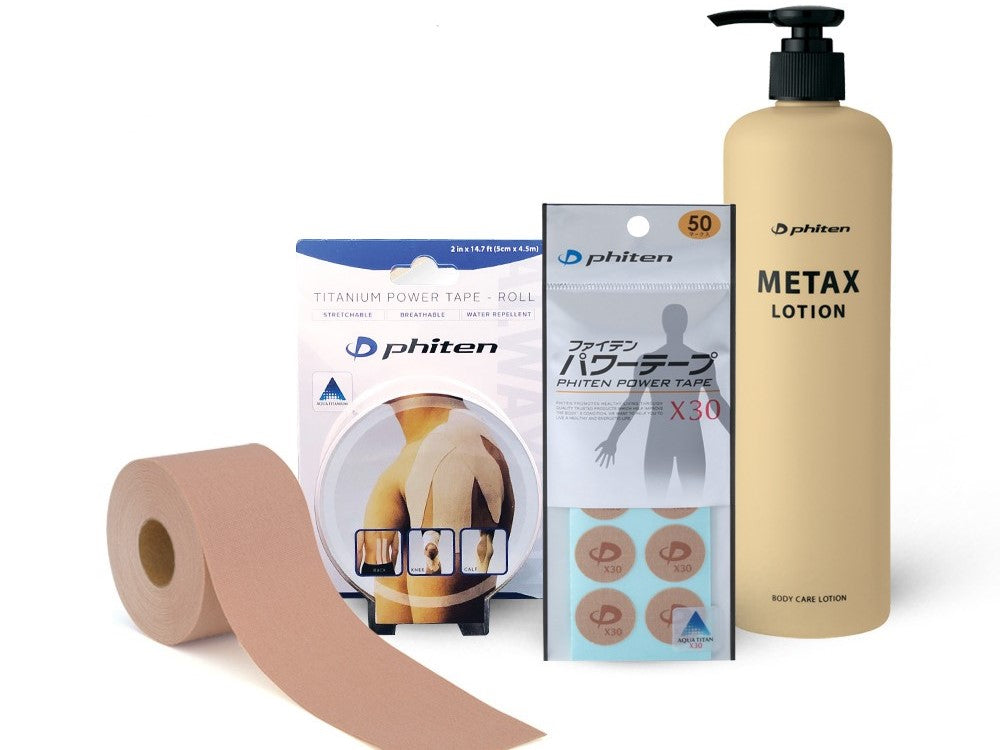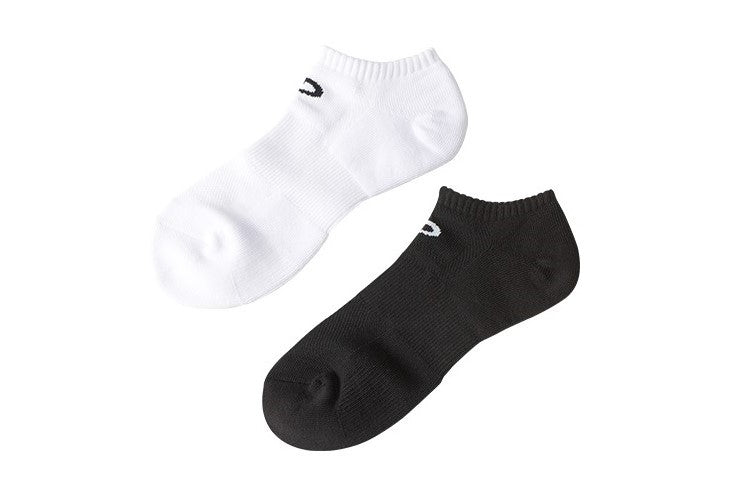Digestive Health: Fiber, Prebiotics, and Probiotics as Comprehensive Allies
Dear Valued Phiten Customers,
Welcome to this week’s series on dietary fiber, where we delve into its significant role in maintaining digestive health. This edition expands our discussion to include the crucial roles of prebiotics and probiotics, forming a trifecta of gut health allies that promote overall well-being.
The Crucial Role of Dietary Fiber in Digestive Health
Dietary fiber is essential for promoting smooth and regular bowel movements. Here’s how fiber functions within your digestive system:
1. Alleviating Constipation:
- Mechanism: Insoluble fiber adds bulk to your stool and helps it pass more swiftly and comfortably through your intestines, preventing constipation and promoting regular bowel movements.
- Practical Tip: To aid regularity, increase your intake of fiber-rich foods like whole grains, wheat bran, and fibrous vegetables such as carrots and celery.
2. Enhancing Gut Flora:
- Mechanism: Soluble fiber acts as a prebiotic, providing essential nutrients for beneficial gut bacteria. This not only improves overall gut health but also enhances the absorption of nutrients.
- Practical Tip: Include prebiotic-rich foods like bananas, onions, garlic, and oats in your diet to nourish the healthy bacteria in your gut.
 Understanding Prebiotics and Probiotics
Understanding Prebiotics and Probiotics
While fiber assists in the physical movement of digestion, prebiotics and probiotics enhance the biological processes within the gut
- Prebiotics: Fuel for Your Gut Flora
- Definition: Indigestible food components that ferment in the gut and act as food for beneficial bacteria, stimulating their growth.
- Benefits: Enhance gastrointestinal health, improve nutrient absorption, and can boost immune function.
- Sources: Garlic, onions, bananas, asparagus, and oats are excellent sources of prebiotics.
- Probiotics: Live Beneficial Bacteria
- Definition: Live microorganisms which provide health benefits when consumed in adequate amounts.
- Benefits: These microbes help maintain a healthy gut microbiota balance, aid in digestion, and prevent the proliferation of harmful bacteria.
- Sources: Yogurt, sauerkraut, miso, and kefir are rich in probiotics.
Incorporating Fiber, Prebiotics, and Probiotics into Your Diet
Combining dietary fiber with prebiotics and probiotics can maximize your digestive health. Here’s how to effectively integrate these elements into your diet:
- Meal Planning: Aim for a diet that includes a variety of fiber-rich, prebiotic, and probiotic foods. For example, start your day with a breakfast of yogurt with a banana and a sprinkle of oats to provide a healthy mix of probiotics and prebiotics alongside the fiber.
- Diverse Diet: Regularly rotate your sources of prebiotics and probiotics to diversify the beneficial bacteria in your gut, enhancing gut health resilience and functionality.
Understanding and utilizing the combined benefits of dietary fiber, prebiotics, and probiotics offers a comprehensive approach to maintaining digestive health and overall wellness. We encourage you to incorporate these elements into your daily diet.
Stay healthy and informed,
Disclaimer:
Please note that the information provided in this newsletter is for educational purposes only and is not intended as a substitute for professional medical advice, diagnosis, or treatment. Always consult your physician or other qualified health providers with any questions you may have regarding a physical or mental health condition. Individual cases may vary, emphasizing the importance of personalized medical advice.







